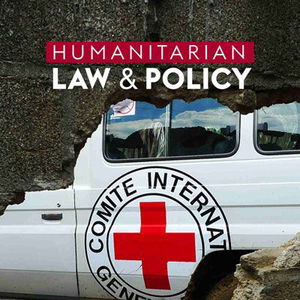

Dela
Podden och tillhörande omslagsbild på den här sidan tillhör
ICRC Law and Policy. Innehållet i podden är skapat av ICRC Law and Policy och inte av,
eller tillsammans med, Poddtoppen.